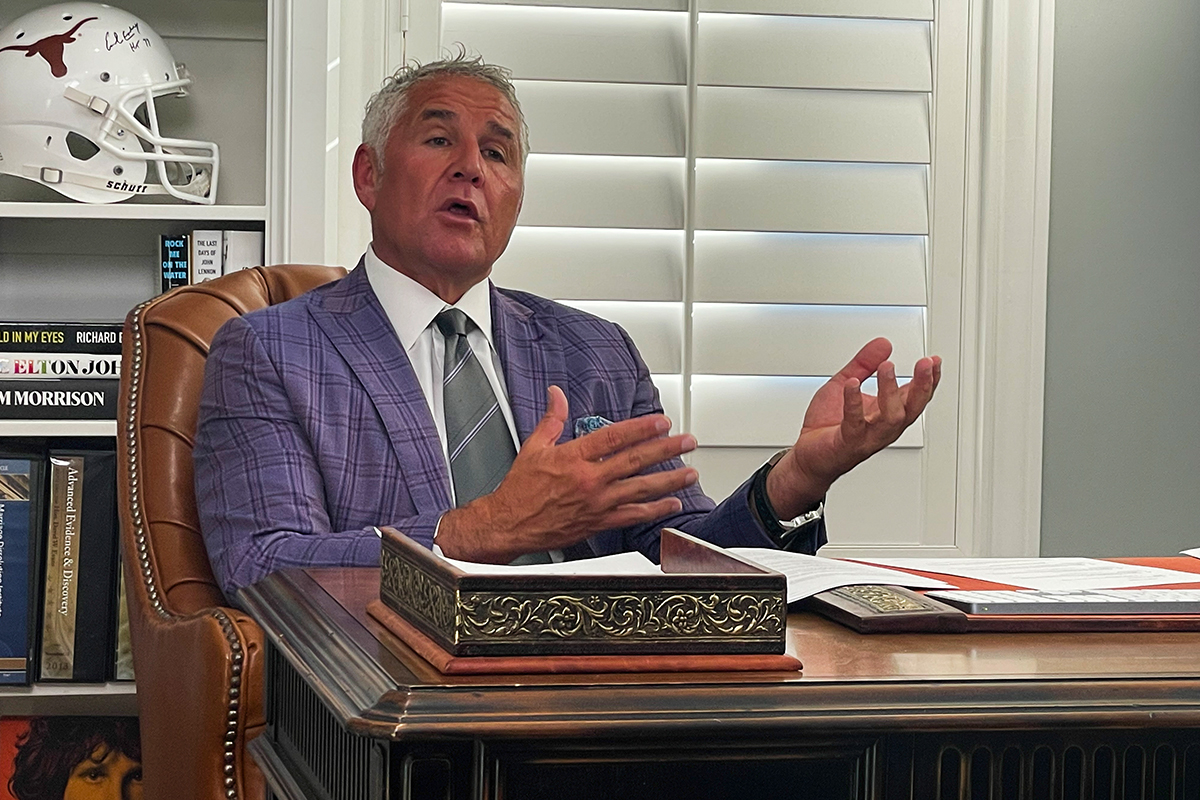Handling a DWI arrest in Texas is daunting, especially if you invoked a refusal when you were arrested and asked to provide a breath test. The majority of drivers believe that refusing the breath test leaves prosecutors without evidence to use. But for Houston, Galveston, and League City, Texas prosecutors, there are several avenues through which they can prove a workable case against a suspect for driving under the influence—without a breath test.
In this blog, we’ll explore how prosecutors gather evidence without a breath test, using tools such as field sobriety tests, officer testimony, dashcam footage, and other forms of evidence to secure a conviction.
Learning About Texas DWI Laws and Breath Test Refusal
Driving a public highway under Texas law is the equivalent of implied consent to undergo chemical testing if a police officer suspects you of being DWI. This is the implied consent law. Breath test refusal can lead to penalties that take effect immediately, including suspension of your license. More information on Texas DWI laws can be found in this Texas DWI Overview.
But even if you refuse to take the breath test, prosecutors are not without options. They can use other evidence to prove intoxication beyond a reasonable doubt.
Field Sobriety Tests: The First Line of Evidence
One of the primary tools law enforcement officers use is the Standardized Field Sobriety Test (SFST). Developed by the National Highway Traffic Safety Administration (NHTSA), these tests assess physical coordination, balance, and cognitive function. The three common tests include:
- Horizontal Gaze Nystagmus (HGN) Test: Officers observe eye movements to detect involuntary jerking, which can be an indicator of intoxication.
- Walk-and-Turn Test: This assesses balance and ability to follow instructions.
- One-Leg Stand Test: Evaluates balance and focus by having the driver stand on one leg while counting aloud.
Failing any of these tests can provide strong evidence for the prosecution, especially when corroborated by other factors like slurred speech or erratic driving.
Officer Testimony: First-Hand Observations Matter
When building a case without a breath test, prosecutors heavily rely on the arresting officer’s observations. Officers are trained to document everything they witness, including:
- The smell of alcohol on the driver’s breath
- Bloodshot eyes
- Slurred speech
- Unsteady posture or trouble standing
The officer’s testimony can carry significant weight in court. Detailed police reports often include notes from the initial traffic stop to the arrest, and this documentation helps the prosecution create a timeline of events to support their case.
Dashcam and Bodycam Footage: Visual Evidence Speaks Volumes
In today’s digital age, many Texas law enforcement agencies use dashcam and bodycam footage during traffic stops. This visual evidence can be powerful in a courtroom, allowing the jury to see the driver’s behavior firsthand.
This footage often captures:
- The driver’s response to questions
- Performance on field sobriety tests
- Physical condition, including stumbling or difficulty following instructions
In cities like Houston, Galveston, and League City, prosecutors frequently use this footage to corroborate officer testimony, making it harder for defense attorneys to dispute the evidence.
Additional Evidence Used by Texas Prosecutors
Besides field sobriety tests and visual recordings, prosecutors might also present other forms of evidence, such as:
- Witness Testimonies: Passengers, bystanders, or other drivers who observed the incident can provide statements.
- Open Container Violations: Discovery of open alcohol containers in the vehicle can strengthen the case.
- Accident Reports: If the DWI incident involved an accident, damage reports and victim statements can add credibility to the charges.
- Prior DWI Convictions: Previous offenses can be used to demonstrate a pattern of behavior, especially if the current arrest is not the first offense. Learn more about potential penalties for a first DWI offense.
Legal Consequences of Refusing a Breath Test in Texas
Refusing a breath test in Texas has immediate administrative penalties, including an automatic license suspension through the Administrative License Revocation (ALR) Program. In addition, your refusal can be used as evidence of guilt in court, suggesting that you were attempting to hide intoxication.
In Houston, Galveston, and League City, the penalties for DWI can be severe, including fines, jail time, and mandatory participation in alcohol education programs—even without a breath test result.
Contact a Houston DWI Lawyer Today
Being charged with a DWI without taking a breath test doesn’t mean you’re out of options. Texas prosecutors will use every available resource to build their case, but with the right lawyer, you can defend your rights and fight the charges.
If you’re facing a DWI charge, get in touch with the Law Offices of Tad Nelson & Associates today for a consultation. Call (713) 802-1631 or visit our contact page.














